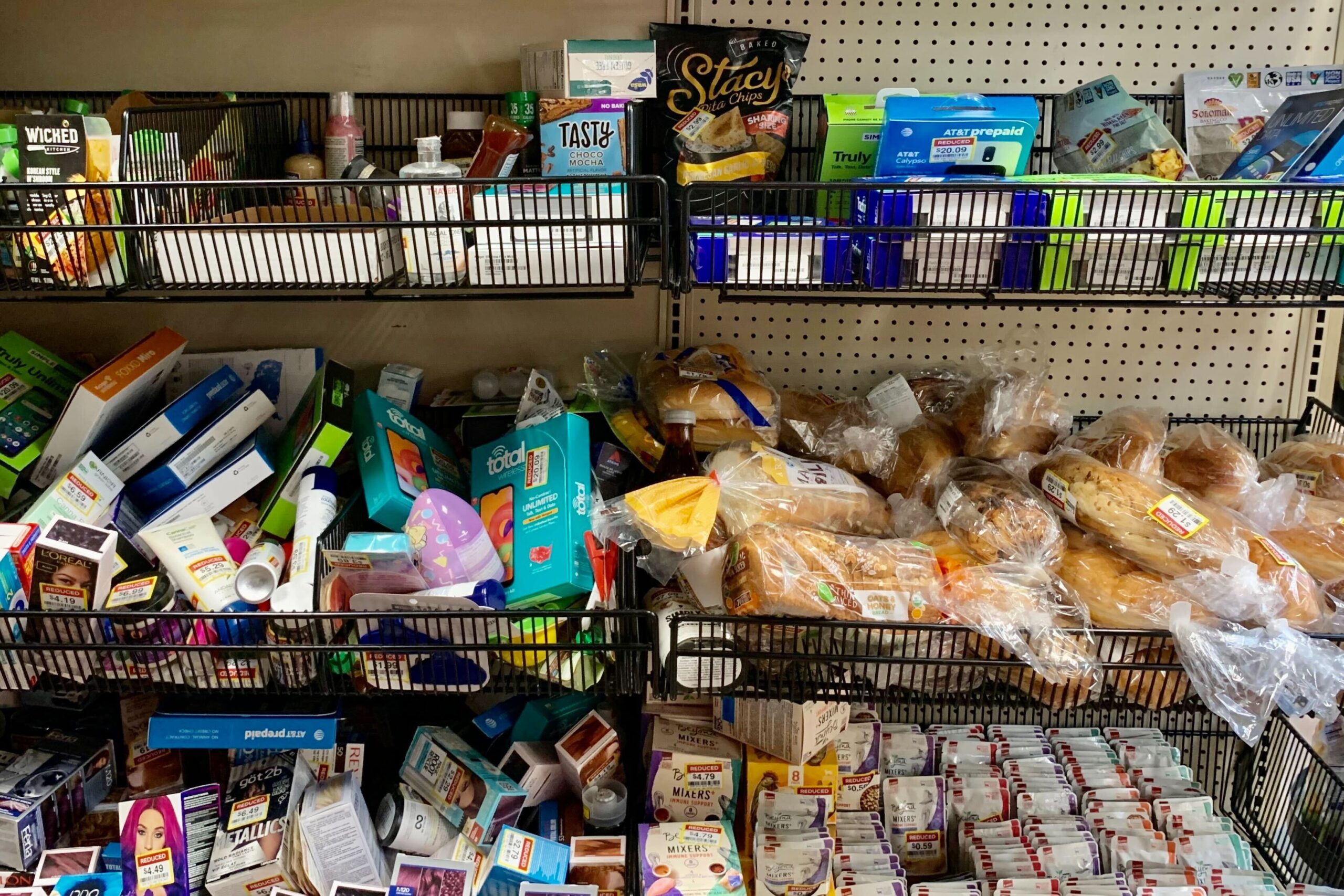
Prices for some consumer goods in the Denver area slowed in November, providing some relief from the stubborn inflation that has been taking a bite out of pocketbooks for the past year.
An index that measures prices for everything from gasoline and groceries to airplane tickets and housing increased by 6.9 percent last month compared to the prior year, according to the U.S. Bureau of Labor Statistics. That’s the smallest gain since last November, and is down from 9.1 percent in March, the data show.
The trajectory mirrors the national trend: U.S. prices rose 7.1 percent in November, down from 7.7 percent in October. Slowing price gains could be a sign the Federal Reserve’s effort to tame inflation by raising interest rates is working. Interest rate hikes slow demand for things like mortgages and housing because it is simply more expensive to borrow money.
Some consumer good prices in November actually fell compared to October, the last time Denver statistics were calculated. For example, the cost of fruits and vegetables declined 0.4 percent in the two-month period, although prices are still up more than 10 percent compared to last year. Gas prices are also down — falling 3.2 percent since October and 8.8 percent from a year ago.
Despite the recent price declines, inflation remains well above the central bank’s target rate of between 2 and 3 percent. The Federal Reserve is widely expected to keep raising interest rates into next year.








